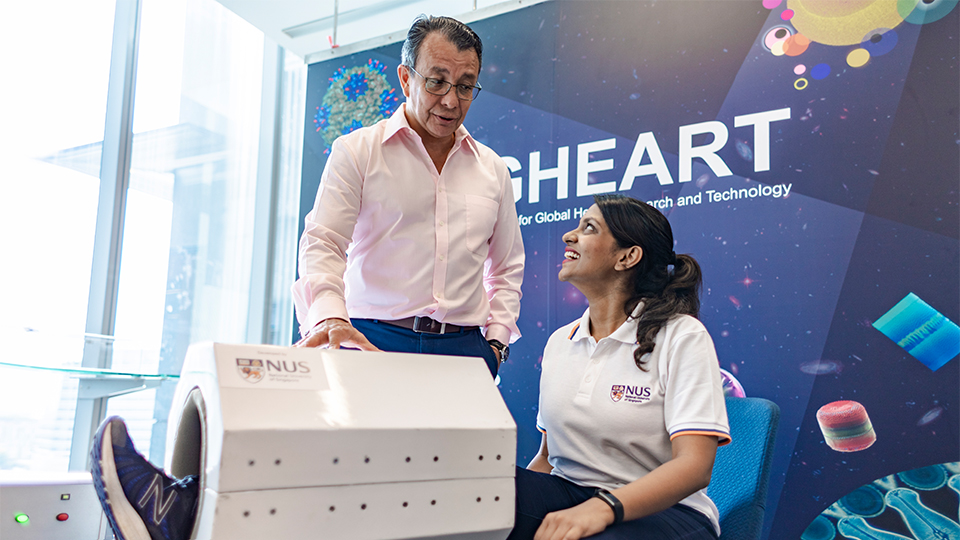Researchers from the National University of Singapore (NUS) have created a novel medical device to make muscle recovery process for patients much easier.
Capable of regenerating muscles in a non-invasive and painless manner, the device MRegen makes use of specific magnetic field to trigger and amplify the biological effect of exercise. This helps to accelerate muscle recovery, NUS said in a press statement.
MRegen makes use of a unique magnetic field to activate energy production and trigger muscle regeneration. The energy produced via the magnetic stimulation ‘tricks’ muscle cells into thinking that they are exercising. This activates them to adapt and improve at an accelerated speed.
“The device is especially useful in reducing muscle degradation in periods when physical activity is not possible,” said Associate Professor Alfredo Franco-Obregón, who is from the Department of Surgery at Yong Loo Lin School of Medicine and the Biomedical Institute for Global Health Research and Technology at NUS.
MRegen can also be modified to treat other human diseases. “Muscle makes up 40 per cent of an average person’s body mass, and plays a major role in regulating one’s body, health and longevity. If we can harness the ability to regulate muscle development, we may gain greater control of the overall human health. We foresee this technology playing an important role in disease treatment in the future,” added Assoc Prof Franco-Obregón.
Two human trials were successfully conducted between 2015 and 2017, and both had showed promising results.



